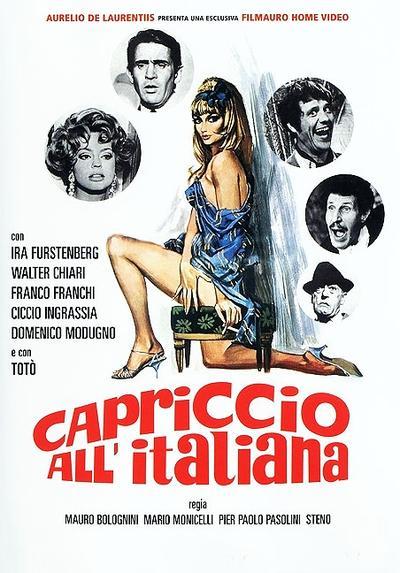

IMDb:
Toto most successfully attempts to go one better than Chaplin in this entry in which he cleverly uses his expressive face not only to telegraph laughs but to induce audience sympathy. Set against a war-scarred Rome in the middle of winter, Toto plays a petty thief, living on his wits to provide for his family, who are uncomplainingly making the best of a small, cold-water flat with no heating. The screenplay divertingly contrasts the gaunt, if talkative Toto with excitable, roly-poly but equally loquacious Aldo Fabrizi, playing a fathead police sergeant whose family is housed in comparative luxury.
The catalyst for the plot’s ingenious action is provided by that under-rated born-in-Wisconsin actor, William Tubbs, who is wonderfully perfect here in a major role which gently pokes fun at Americans. Not only are all his scenes an absolute howl, but they are most cleverly contrived to increase in intensity as the plot progresses. You will chuckle as Toto leads him on a merry path through the Forum in his introductory scene, gasp with delight when he confronts Toto at the grocery hand-out, split your sides when he gives chase to Toto all over the countryside, and absolutely roll on the floor when he complains bitterly to Fabrizi and Carloni at the police station. This riotous scene, cleverly compounded, when Tubbs finally exits, by a gloriously satiric look at various police regulations, marks the end of the First Act.
Read More »




